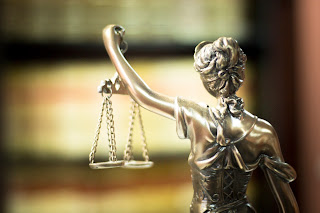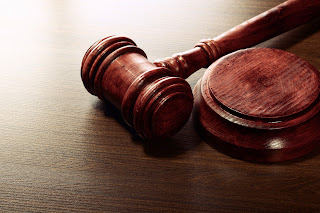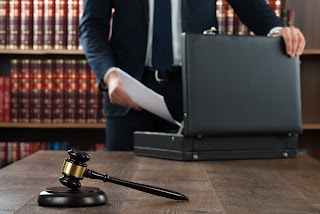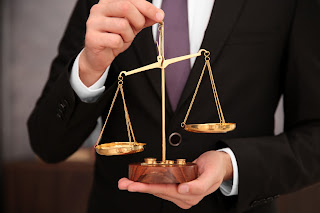Can defense attorneys reach out to possible witnesses before trial?

Yes, based on experience defense attorneys can reach out to potential witnesses before a trial. In fact, it is a common practice for both defense and prosecuting attorneys to interview potential witnesses in preparation for a trial. This process is known as witness preparation or witness interviews. Defense attorneys have the right to investigate and gather evidence to build their case and to ensure they have a fair trial. Contacting potential witnesses allows them to gather information, assess the credibility of the witnesses, and determine how their testimony might impact the case. This can be crucial in formulating a defense strategy. However, there are some important guidelines and ethical considerations that attorneys must follow when reaching out to witnesses: Ethical Conduct: Attorneys are expected to conduct themselves ethically and professionally when contacting witnesses. They should not intimidate, harass, or pressure witnesses in any way. Voluntary Cooperation: ...


